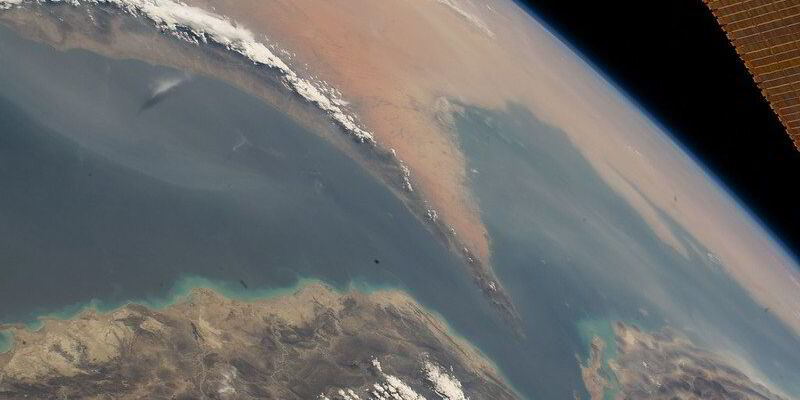A multinational body of 46 navies, including the US and the UK, said it sees no immediate risk to maritime traffic in the waters off Iran, following Israeli air strikes
A multinational body of 46 navies, including the US and the UK, said it sees no immediate risk to maritime traffic in the waters off Iran, following Israeli air strikes against the Islamic Republic earlier on Friday.
“The Strait of Hormuz remains open and commercial traffic continues to flow uninterrupted,” said the Joint Maritime Information Centre (JMIC).
“Currently, the JMIC has no indications of an increased threat to the maritime environment,” added the JMIC, which is a data-sharing initiative of the war navies of several Western and Middle Eastern countries active in the area.
The advisory provides a further sign that the crisis unleashed by Israel’s dawn raid may not spill over into the seaborne energy trade in the Middle East.
Tehran already said earlier on Friday that its oil industry remains unaffected and continues to operate normally following the barrage of Israeli airstrikes on Iranian military and nuclear facilities and officials.
“No damage was caused to the operational centres and oil facilities,” the Iranian Oil Lines and Telecommunications Company said in a statement carried on the country’s state-run IRNA news agency.
News of Israel’s attacks caused oil prices to climb, amid concerns that Tehran might retaliate by closing the Strait of Hormuz through which anything between one-fifth and one-third of global crude, product and LNG flows pass.
With Iran’s oil refining and exporting capacity so far unaffected, its regime might refrain from seizing or attacking ships sailing past its waters as part of its response.
Iranian officials have in the past repeatedly threatened to close the waterway if their country is attacked.
Even though the Iranian leadership vowed on Friday to deliver a harsh response to the air strikes, none of its public statements so far mentioned Hormuz being part of actions to defend itself or to punish Israel.
Analysts at Clarksons Securities said on Thursday, when an Israeli attack looked imminent, that a full closure of the strait was unlikely.
Analysts have expressed the view that Iranian retaliation may be more likely in the Red Sea rather than in the Strait of Hormuz, on which Iran itself depends to sell its oil abroad.
This, however, may be good news for tonne-miles, as continued bypassing of the Red Sea around the Cape of Good Hope stands to continue boosting liner companies’ profits.
Content Original Link:
" target="_blank">































